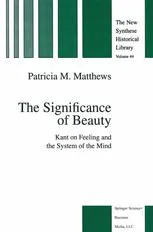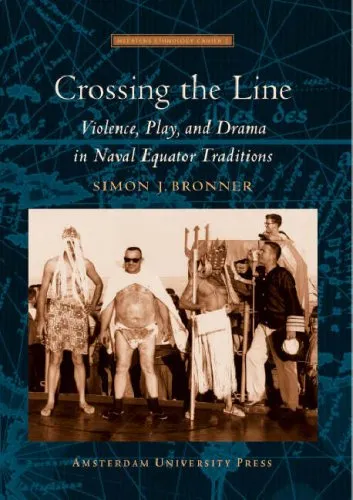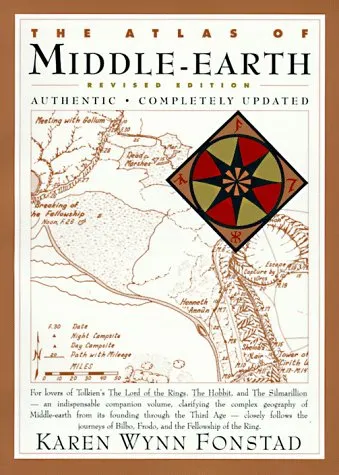The Significance of Beauty: Kant on Feeling and the System of the Mind
4.9
Reviews from our users

You Can Ask your questions from this book's AI after Login
Each download or ask from book AI costs 2 points. To earn more free points, please visit the Points Guide Page and complete some valuable actions.Related Refrences:
In the Critique of Judgment, Kant argues that feeling is part of the system of the mind. Judgments of taste based on feeling are a unique kind of judgment, and the feeling that is their foundation forms an independent third power of the mind. Feeling has a special role within this system in that it also provides a transition between the other two powers of the mind, cognition and desire. Matthews argues that feeling, our experience of beauty, provides a transition because it orients humans in a sensible world. Judgments of taste help overcome the difficulties that arise when rational cognitive and moral ends must be pursued in a sensible world. Matthews demonstrates how feeling, disassociated from rational activities in Kant's earlier works, is now central in reaching rational ends and understanding humans as unified rational beings. Audience: This book would be of interest to research libraries and university libraries, philosophers, historians and aestheticians.
Free Direct Download
You Can Download this book after Login
Accessing books through legal platforms and public libraries not only supports the rights of authors and publishers but also contributes to the sustainability of reading culture. Before downloading, please take a moment to consider these options.
Find this book on other platforms:
WorldCat helps you find books in libraries worldwide.
See ratings, reviews, and discussions on Goodreads.
Find and buy rare or used books on AbeBooks.
1256
بازدید4.9
امتیاز0
نظر98%
رضایتReviews:
4.9
Based on 0 users review
Questions & Answers
Ask questions about this book or help others by answering
Please login to ask a question
No questions yet. Be the first to ask!














